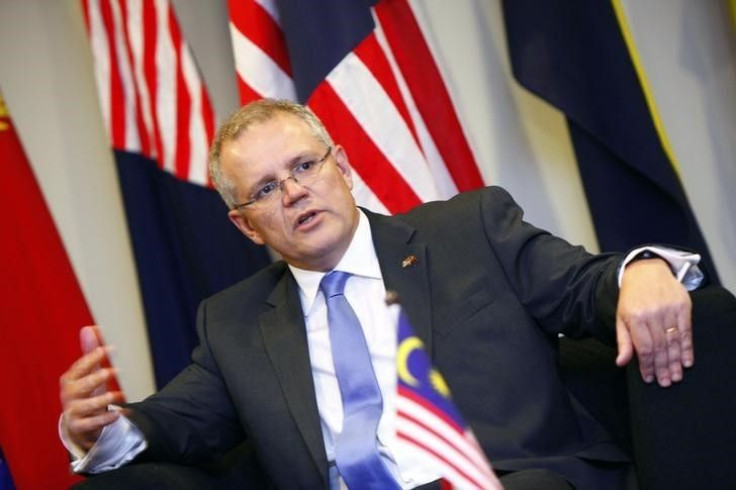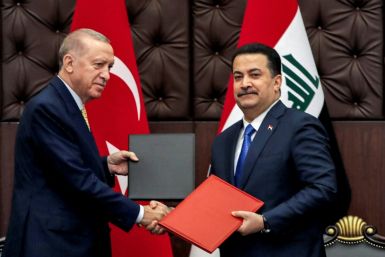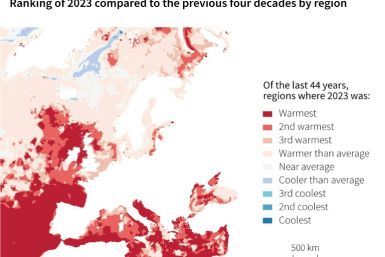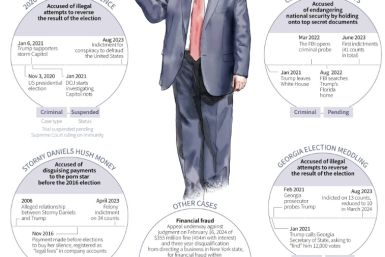Australia Visa Ban Sparks Outrage in Ebola-Infected Countries; Move Called 'Discrminatory'

Australia's visa ban from Ebola-infected countries has sparked outrage in Sierra Leone. The country has condemned the decision of the Australian government to suspend the entry visas of travellers from countries in West Africa with cases of Ebola. BBC reports that the move was described as "counterproductive" and "discriminatory."
Amnesty International criticised Australia over the decision while UN Secretary General Ban Ki-moon said such travel restrictions will severely affect efforts to fight Ebola. Almost 5,000 people had died from the virus and most of the victims were from Guinea, Liberia and Sierra Leone.
The Abbott government has announced last Oct. 27 that it will suspend temporary visas from Ebola-infected countries held by people who have yet to travel. Australia will also stop processing new visa applications in an attempt to toughen its border security against Ebola. Australian Immigration Minister Scott Morrison has told Parliament that the new measures are needed to protect Australians.
In response to Australia's decision, Sierra Leone's Information Minister Alpha Kanu said the decision was "too draconian" and insisted that measures imposed in his country's Freetown airport had prevented anyone from flying out with Ebola. Kanu told Reuters that he found the move to be "discriminatory" since he thinks Australia was not going after the virus but targeting the 24 million people in Sierra Leone.
Ofwono Opondo, a spokesman for the government of Uganda, also weighed in on the issue and said Western countries are "creating mass panic" which is counterproductive in the containing the Ebola outbreak. Amnesty International also expressed its disapproval with Australia and believed the country was taking a "narrow approach." Reports said the human rights group believes the ban made no sense but only made sure people at risk were trapped in the crisis zone.
Meanwhile, a U.S. ambassador to the UN has slammed the level of international support for Ebola-infected countries. Before arriving for a tour in Guinea, Samantha Powers said too many world leaders were praising the efforts of U.S. and the UK in containing the virus without doing something themselves. She told reporters that many countries have signed resolutions and praising the "good work" of the U.S. and Britain. Powers criticised other countries that have yet to step up and make a contribution to the global effort in stopping the virus at its source in West Africa.






